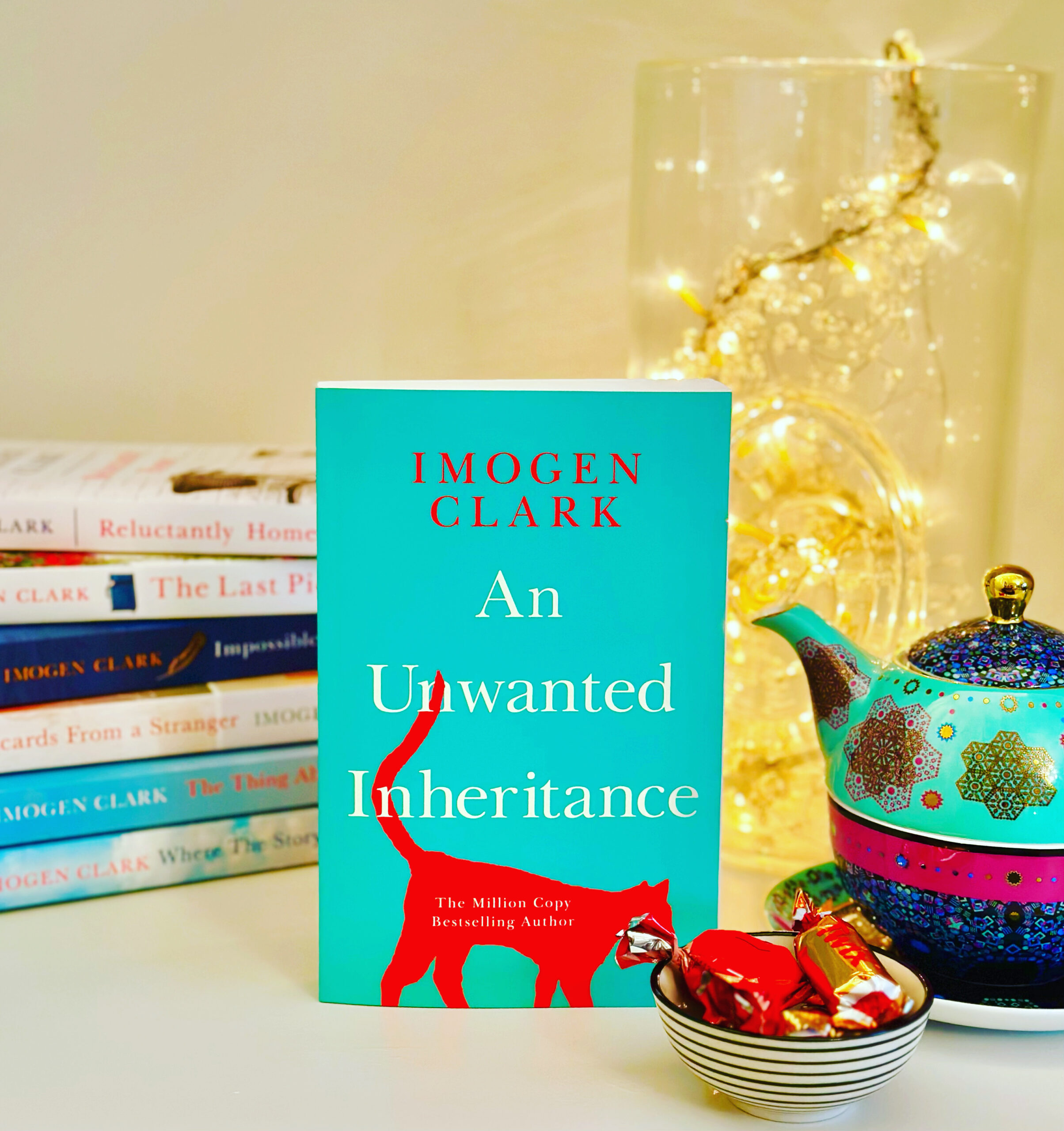The results of the system seem to speak for themselves. Chinese children achieve whereas British children seem incapable of getting five GCSEs. So why don’t we all do it the Chinese way? Well, we don’t like it. We want children to be happy and to have their self esteem boosted way beyond what can possibly be realistic.
But what does being happy involve? Children, like adults, are happy when they get their own way, when they do what they want. However, doing what you want often isn’t the best course of action. I have to question whether a child is really in a position to make that kind of decision for themselves. And constantly being told that you are the best when you patently are not must lead to disappointment once you step outside the cosseted world of your home.
I encourage my children to do their homework but I don’t stand over them whilst they do it. I like to think that I am teaching them to be self motivated and independent. But if I am brutally honest with myself, I know that I could spend more time with each child helping them with their school work but I am busy with other things.
To hot house a child in the way that the Chinese mother has done takes huge amounts of stamina and determination. It is tempting to decry it as a strategy and say that it’s an inappropriate way to parent but actually I’m not sure that it is. If you can devote your life to ensuring that your child reaches their potential then surely that’s a good thing? And I suspect that a large part of the reason that I don’t do it myself is not because I don’t agree with it as a strategy. It’s more that I couldn’t actually do it. I just don’t have it in me.
So hats off to the Chinese mothers. Through their sheer hard work and determination they produce children who know how to apply themselves and succeed and are then able to enjoy the fruits of their labours in their adult lives. I wonder how many British children will manage that?
.






